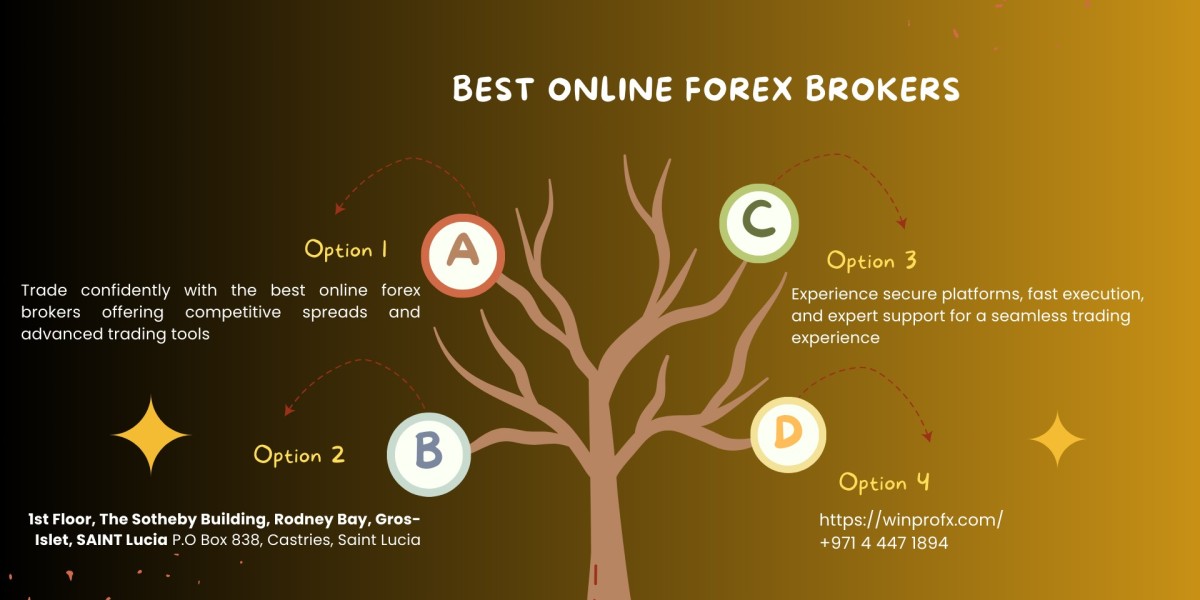When looking for the best online Forex brokers, it’s important to consider several factors, such as regulation, spreads, leverage, fees, and platform usability. The following are some of the top-rated online Forex brokers known for their reliability, competitive pricing, and user-friendly features:
1. IG Group
- Regulation: FCA (UK), ASIC (Australia), and more.
- Leverage: Up to 1:30 for retail traders (based on EU/UK regulations).
- Spreads: From 0.6 pips (for major pairs like EUR/USD).
- Platform: IG Trading Platform, MetaTrader 4, ProRealTime.
- Pros:
- Highly regulated, great for both beginners and advanced traders.
- Excellent educational resources and research tools.
- Wide range of markets, including Forex, stocks, and commodities.
- Cons: Higher fees for certain account types and markets.
2. OANDA
- Regulation: NFA (USA), FCA (UK), ASIC (Australia), and more.
- Leverage: Up to 1:50 for retail traders in the US, higher leverage in other jurisdictions.
- Spreads: From 1.0 pip (depending on the market).
- Platform: OANDA Trading Platform, MetaTrader 4, TradingView.
- Pros:
- Excellent customer service and easy-to-use platforms.
- Wide range of educational materials.
- Transparent pricing with no hidden fees.
- Cons: Spreads may widen during high volatility.
3. Forex.com
- Regulation: CFTC, NFA (USA), FCA (UK), and more.
- Leverage: Up to 1:50 for US clients, higher leverage for non-US clients.
- Spreads: From 0.8 pips on major pairs.
- Platform: Forex.com Platform, MetaTrader 4.
- Pros:
- Well-regulated and offers a wide range of currency pairs.
- Provides a solid trading platform with advanced charting and tools.
- Offers competitive spreads and reliable execution.
- Cons: Limited advanced features compared to other brokers.
4. IC Markets
- Regulation: ASIC (Australia), CySEC (Cyprus), and more.
- Leverage: Up to 1:500 (depending on account type).
- Spreads: From 0.0 pips (on Raw Spread accounts).
- Platform: MetaTrader 4, MetaTrader 5, cTrader.
- Pros:
- Very low spreads on Raw Spread accounts.
- High leverage options.
- Supports a variety of trading platforms, including cTrader for more advanced traders.
- Cons: Raw spreads may include additional commission charges.
5. eToro
- Regulation: FCA (UK), ASIC (Australia), CySEC (Cyprus), and more.
- Leverage: Up to 1:30 for retail traders.
- Spreads: From 1 pip for major pairs.
- Platform: eToro Platform (web-based and mobile app).
- Pros:
- Social and copy trading features, making it great for beginners.
- Easy-to-use platform with access to Forex, stocks, and cryptocurrencies.
- Strong regulatory background.
- Cons: Higher spreads and fees compared to some other brokers.
6. Pepperstone
- Regulation: ASIC (Australia), FCA (UK), and more.
- Leverage: Up to 1:500 (depending on account type and regulations).
- Spreads: From 0.0 pips on Razor accounts.
- Platform: MetaTrader 4, MetaTrader 5, cTrader.
- Pros:
- Low spreads, especially on Razor accounts.
- High leverage options and fast execution speeds.
- Supports both MetaTrader and cTrader platforms.
- Cons: High leverage increases risk, and commissions apply on Razor accounts.
7. FXTM (ForexTime)
- Regulation: FCA (UK), CySEC (Cyprus), and more.
- Leverage: Up to 1:1000 (on certain accounts).
- Spreads: From 0.1 pips.
- Platform: MetaTrader 4, MetaTrader 5.
- Pros:
- High leverage options for more experienced traders.
- A wide range of account types to suit various trading styles.
- Reliable execution and customer service.
- Cons: High leverage increases the potential for significant risk, especially for beginners.
8. AvaTrade
- Regulation: FCA (UK), ASIC (Australia), Central Bank of Ireland, and more.
- Leverage: Up to 1:400 (depending on jurisdiction).
- Spreads: From 0.9 pips.
- Platform: AvaTradeGO, MetaTrader 4, MetaTrader 5, AvaOptions.
- Pros:
- Wide range of trading platforms, including web-based, desktop, and mobile.
- Excellent educational content and market analysis.
- Supports both Forex and CFD trading.
- Cons: Higher fees for certain account types and instruments.
9. CMC Markets
- Regulation: FCA (UK), ASIC (Australia), and more.
- Leverage: Up to 1:30 (for retail traders).
- Spreads: From 0.7 pips.
- Platform: CMC Markets Next Generation platform.
- Pros:
- Extensive research tools and charting features.
- Reliable customer support and a wide variety of educational resources.
- Well-regulated and trusted in the market.
- Cons: Higher spreads on some currency pairs compared to brokers with raw spread accounts.
10. Interactive Brokers
- Regulation: SEC, CFTC (USA), FCA (UK), and more.
- Leverage: Up to 1:50 for Forex (depends on jurisdiction).
- Spreads: From 0.1 pips on major currency pairs.
- Platform: Trader Workstation (TWS), IBKR Mobile.
- Pros:
- Highly competitive pricing with low spreads and commissions.
- Extensive range of markets (Forex, stocks, options, futures).
- Advanced trading tools and platforms.
- Cons: Complex platform for beginners, higher minimum deposit requirement.
Key Considerations When Choosing a Forex Broker:
- Regulation: Always choose a broker that is well-regulated in reputable jurisdictions (like the FCA, ASIC, or NFA). This ensures your funds are safe and that the broker follows strict operational guidelines.
- Leverage: Leverage can be a double-edged sword, increasing both potential profits and risks. Ensure that the leverage offered suits your trading style and risk tolerance.
- Spreads and Commissions: Look for brokers offering competitive spreads and clear commission structures. Some brokers offer low spreads but charge commissions on trades (like IC Markets), while others include the spread in the price (like eToro).
- Trading Platforms: Choose a broker that offers the trading platform you're comfortable with (such as MetaTrader 4/5, cTrader, or proprietary platforms like IG’s or eToro’s).
- Customer Support: A good broker should offer reliable customer support, including live chat, email, and phone options.









